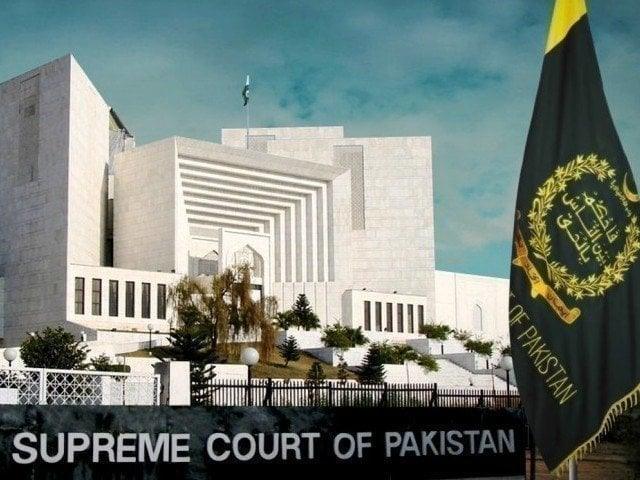Pakistan’s Supreme Court has requested detailed records of military trials against civilians, questioning the evidentiary procedures followed in verdicts.
A seven-member constitution bench, headed by Justice Aminuddin Khan, heard appeals against civil trials under the Army Act.
During the proceedings, Judge Hassan Rizvi noted that the court aims to review how evidence was assessed in these cases.
He noted that natural justice requires that no one be punished without a hearing.
Representing the Defense Ministry, senior advocate Khawaja Haris argued that military courts followed due process and followed established procedures.
He maintained that constitutional amendments were necessary to include civilians in military trials.
Judge Muhammad Ali Mazhar highlighted the importance of fair trials and questioned whether military courts met these standards.
Justice Jamal Mandokhail raised concerns about whether changes to the Army Act targeted criminal activities involving civilians.
The court requested data on all civil cases heard under martial law, except those linked to Indian national Kulbhushan Jadhav.
19 convicts in May 9 riots pardoned: ISPR
Earlier this month, mercy petitions submitted by 19 people convicted for their participation in the May 9 protests have been approved, the Inter-Services Public Relations (ISPR) said in a statement on Thursday.
“Following the announcement of sentences for tragedy convicts on May 9, they have exercised their right to appeal and have asked for mercy/remission in their sentences,” the military’s media wing stated.
The ISPR further said that a total of 67 convicts had filed mercy petitions out of which 48 of these petitions were heard in the appellate courts. It added that the petitions of 19 convicts had been accepted “purely on humanitarian grounds in accordance with the law.”
“They will all be released after completing the procedural formalities,” the statement continued.
The press release also mentioned that the mercy petitions of the remaining convicts would be decided in due course after the legal process. It stressed that all those convicted retain their right to appeal and pursue other remedies under the law and the constitution.
“The remission of sentences is a testimony to the strength of due process and justice, which ensures that justice is served while respecting the principles of compassion and mercy,” the ISPR concluded.
The following people have had their sentences remitted:
- Muhammad Ayaz, son of Sahibzada Khan
- Sami Ullah, son of Meer Dad Khan
- Laeeq Ahmed, son of Manzoor Ahmed
- Amjad Ali, son of Manzoor Ahmed
- Yasir Nawaz, son of Ameer Nawaz Khan
- Said Alam, son of Maaz Ullah Khan
- Zahid Khan, son of Muhammad Nabi
- Muhammad Suleman, son of Said Ghani Jan
- Hamza Sharif, son of Muhammad Azam
- Muhammad Salman, son of Zahid Nisar
- Asher Butt, son of Muhammad Arshad Butt
- Muhammad Waqas, son of Malik Muhammad Khalil
- Sufayan Idrees, son of Idrees Ahmed
- Muneeb Ahmed, son of Naveed Ahmed Butt
- Muhammad Ahmed, son of Muhammad Nazir
- Muhammad Nawaz, son of Abdul Samad
- Muhammad Ali, son of Muhammad Boota
- Muhammad Bilawal, son of Manzoor Hussain
- Muhammad Ilyas, son of Muhammad Fazal Haleem



